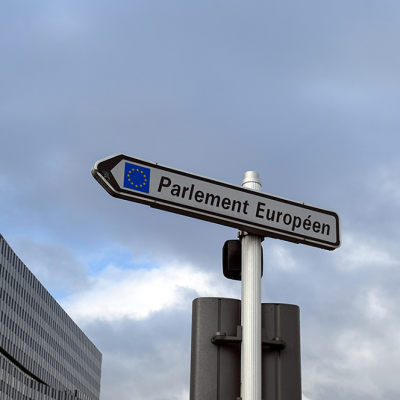What can we learn from the Collapse of European Constitutional Project? A Response to Eight Critics

I accept many of the criticisms and qualifications that the eight participants in this forum have advanced with regard to my skeptical position regarding enhanced participation and democracy in the European Union. On other issues we must agree to disagree.1 Below I consider each critique in turn.
Mark Franklin most strongly supports the most fundamental element in my critique of the constitutional project, namely that voters simply lack the time and motivation to deliberate meaningfully about European Union (EU) politics, due to the lack of issues that are salient in their minds. His support for this premise is particularly important, because he is the only participant in this forum (myself included) who actively researches the individual beliefs and behavior of European voters. EU survey data, on which Franklin is one of the world’s leading experts, unambiguously support the claim, in his words, that “voters are not fools” and they will not be moved by quasi-constitutional debates that do not “affect their lives in important ways.” Franklin’s interpretation of the recent referendums sums up our fundamental point of agreement: Voters “were faced with a non-decision and most of them reacted quite rationally by failing to take any interest in it – thus leaving the debate to the extremists on both sides.”




